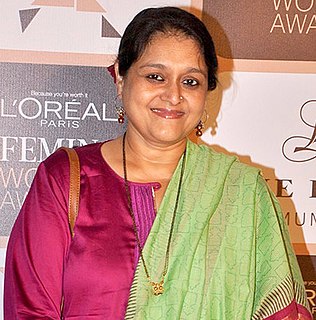A Quote by Katherine Boo
When I pick a story, I'm very much aware of the larger issues that it's illuminating. But one of the things that I, as a writer, feel strongly about is that nobody is representative. That's just narrative nonsense. People may be part of a larger story or structure or institution, but they're still people. Making them representative loses sight of that. Which is why a lot of writing about low-income people makes them into saints, perfect in their suffering.
Quote Topics
Related Quotes
If a writer of prose knows enough about what he is writing about he may omit things that he knows and the reader, if the writer is writing truly enough, will have a feeling of those things as strongly as though the writer had stated them. The dignity of movement of an iceberg is due to only one-eighth of it being above water. A writer who omits things because he does not know them only makes hollow places in his writing.
I think Americans is a very special nation that was created so that people could be free. And they could be free to believe what they wanted. They could be free to work as hard as they wanted, knowing that their labor would accrue to them and to their family, that there wouldn't be a lot of people impinging upon their freedom and telling them what they had to do, and that it would be a nation that was representative of the people, and that it would have a government that was representative of the people rather than one that tried to rule the people.
Writing two stories [in the Thorn and the Blossom] about the same set of events that were complete stories in themselves, but also added up to a larger story. As I was writing them, I kept going back and forth, because something would happen in one story that would have to be reflected in the other story. And yet the same event would also have to be perceived in different ways by Brendan and Evelyn, because they are different people with their own interpretations.
I think what I often see is that people are frightened about fashion. Because it scares them or makes them feel insecure, so they just put it down. On the whole people that may say the mean things about our world I think that’s usually because they feel, in some ways, excluded or, you know, not a part of ‘the cool group’ so as a result they just mock it.
I am a nonbeliever myself. But I think there's so much about religion that is not factual in nature as to why people engage with it and what it means to them. You can debunk why you think there's no physical evidence for God and why the story of Jesus didn't really happen that way and stuff like that all the live-long day, and it's not going to make a difference to what role religion has in people's lives and how they feel about it and how it makes their lives better or worse.
I do get stressed at times, but I love what I do as an actor. This is the part that I don't like. I don't actually like talking about - I wish I could just go and get on with my job, because I love getting a script, breaking it down, working with other people, bonding with other people, fighting with other people, and out of those arguments, creating something that nobody expected and seeing it all come together. Telling a story, having an impact on people's lives, moving them and making them laugh.
For me, making a movie is kind of like vomiting. Not that film is like vomit, but more like this mass of ideas and thoughts that you have and just have to put them out there. It's not even about making perfect sense - it's more about making perfect nonsense. I don't do too much soul-searching or self-analysis. I just enjoy making things.

































